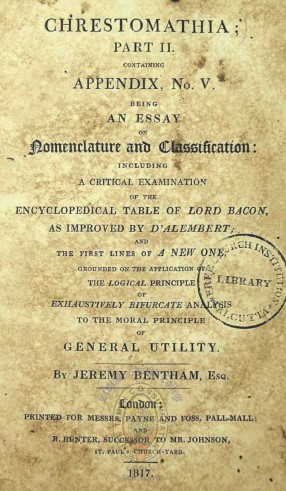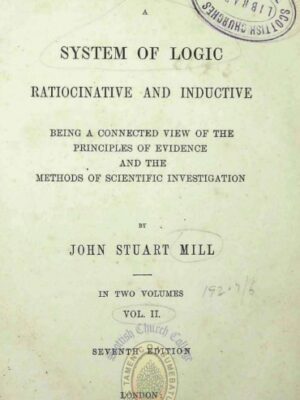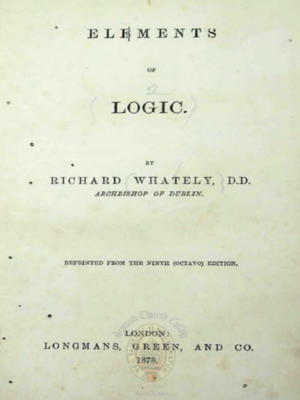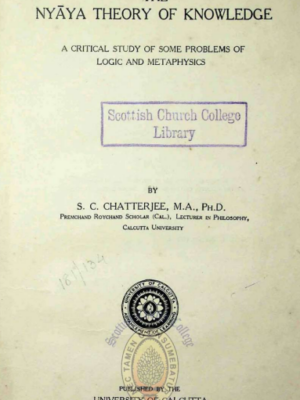Description
Chrestomathia (Part II) by Jeremy Bentham is a continuation of Bentham’s educational and philosophical project, where he outlines his vision for a system of instruction aimed at improving the utility and effectiveness of education. Bentham, one of the founding figures of utilitarianism, presents this work as part of his broader social and political philosophy, emphasizing the importance of practical knowledge and the promotion of the greatest happiness through education.
In this second part of Chrestomathia, Bentham further develops his ideas on curriculum design, focusing on subjects that he considers essential for a progressive and well-functioning society. These include the natural sciences, mathematics, and moral philosophy. Bentham advocates for an educational system that equips individuals with knowledge that serves public and private interests, prioritizing subjects that promote rational thinking and contribute to the common good.
This work reflects Bentham’s utilitarian principles, proposing that education should be structured to maximize societal welfare. His radical ideas on reforming education also include suggestions for improving the efficiency of teaching methods and making education accessible to all social classes, particularly the underprivileged.
Chrestomathia (Part II) is significant for students of philosophy, education, and political theory, offering insight into Bentham’s practical applications of utilitarian thought in the realm of public education. It is a key text for understanding Bentham’s broader social reform agenda and his efforts to align moral philosophy with educational practice.





